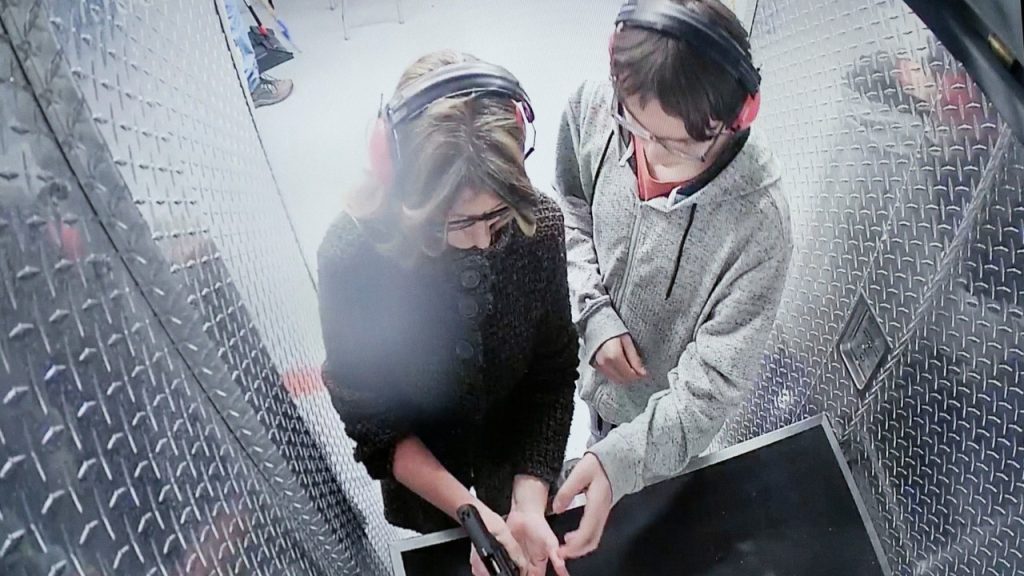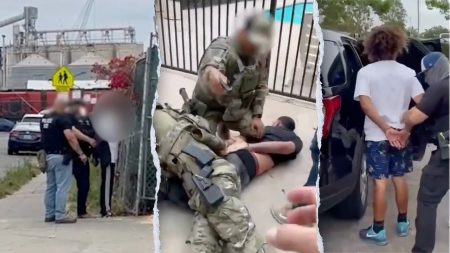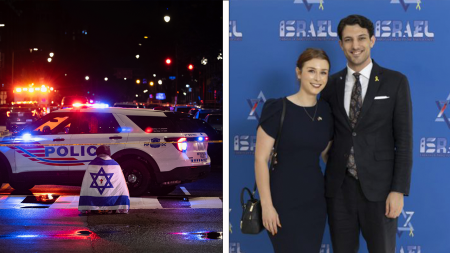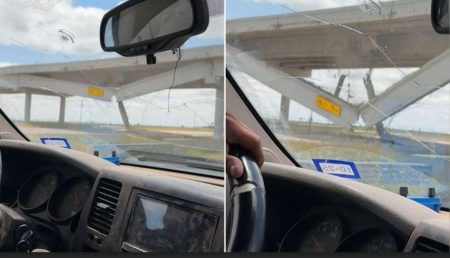The recent legal proceedings surrounding Jennifer Crumbley, the mother of Oxford High School shooter Ethan Crumbley, have taken a significant turn as her attorneys filed a motion seeking acquittal and a new trial. This filing, made on Monday, asserts that Jennifer’s conviction on four counts of involuntary manslaughter was flawed and indicative of prosecutorial overreach. In a groundbreaking case wherein two parents were held criminally liable for their child’s actions, Jennifer Crumbley was sentenced to 10 to 15 years in prison following the tragic incident at Oxford High School on November 30, 2021, that resulted in the deaths of four students and injuries to others. Her legal team now argues that her rights were compromised throughout the trial, contending that the process was fundamentally unjust and that Jennifer’s noncriminal behavior has been inappropriately criminalized.
At the heart of the argument for a new trial is the claim that Jennifer was denied a fair hearing due to prosecutorial misconduct. Her attorney, Michael Dezsi, contends that the prosecution withhold key evidence, which could have been pivotal for the defense. Moreover, it is argued that inconsistent legal theories presented during the trial led to a conviction that lacked a solid foundation. Jennifer and her husband, James Crumbley—who also faced similar charges and sentencing—were accused of neglecting their son’s mental health struggles and failing to take appropriate action to prevent the shooting. The trial revealed that both parents were present at the school to discuss concerning behaviors exhibited by Ethan, yet they left shortly thereafter without ensuring his safety. This lack of response has been a critical point in the prosecution’s case against them.
Dezsi also highlights the jury’s ability to convict without a unanimous decision on the specifics of the crimes, suggesting that this procedural flaw further compromised Jennifer’s constitutional rights. This line of reasoning draws attention to broader implications for parental responsibility in criminal acts committed by minors. The attorney expresses concern that holding parents accountable for their children’s criminal actions threatens to establish a troubling precedent in legal standards. He argues, “no parent in America has ever been held responsible for the criminal acts of their child in relation to a school shooting,” indicating the unique and potentially dangerous nature of this case.
Additionally, the motion addresses the testimonies provided by school officials, namely counselor Sean Hopkins and former Dean of Students Nicholas Ejak, who were given proffer agreements possibly to shield them from prosecution while testifying against Jennifer. These agreements reportedly created a conflict of interest, as Ejak and Hopkins may have fabricated testimonies to divert blame from their own decisions, particularly regarding their failure to act on the warning signs preceding the shooting. Dezsi asserts that this arrangement deteriorated the integrity of the testimonies, further aggravating the injustice of the trial. An independent investigation previously issued critiques of the school district’s awareness and handling of Ethan’s concerning behavior prior to the tragic events, highlighting systematic failures in assuring a safe educational environment.
In response, the Oakland County prosecutor’s office, led by Karen McDonald, has defended the conviction and the legal rationale behind it. They argue that the actions and inactions of the Crumbleys directly contributed to Ethan’s mental state, his access to firearms, and the eventual shooting. McDonald stressed that the case serves as a crucial step towards enhancing school safety, asserting that holding Jennifer and James Crumbley accountable is vital. The prosecutor maintains that Jennifer’s plea for acquittal lacks legal merit, pointing to previous opinions from the Michigan Court of Appeals which already examined and dismissed similar claims made by Crumbley’s defense team. The evidence presented during the trial, including the alarming context of Ethan’s preparations for the shooting, solidified the juries’ findings against both parents.
As the appeal process unfolds, Jennifer Crumbley’s legal team continues to advocate for her position, maintaining that she did not commit any crime and that her treatment in court reflected a grave miscarriage of justice. The profound implications of the case stretch beyond Jennifer and James, raising challenging questions regarding the extent to which parents should be held responsible for their children’s actions. The broader conversation emphasizes a growing concern about the accountability of families in the context of escalating youth violence and acts of terror in schools. Meanwhile, the eyes of the public and the legal community remain fixed on the outcomes of both the Crumbleys’ appeals and the larger societal implications they may usher in regarding parental liability in similar cases.










